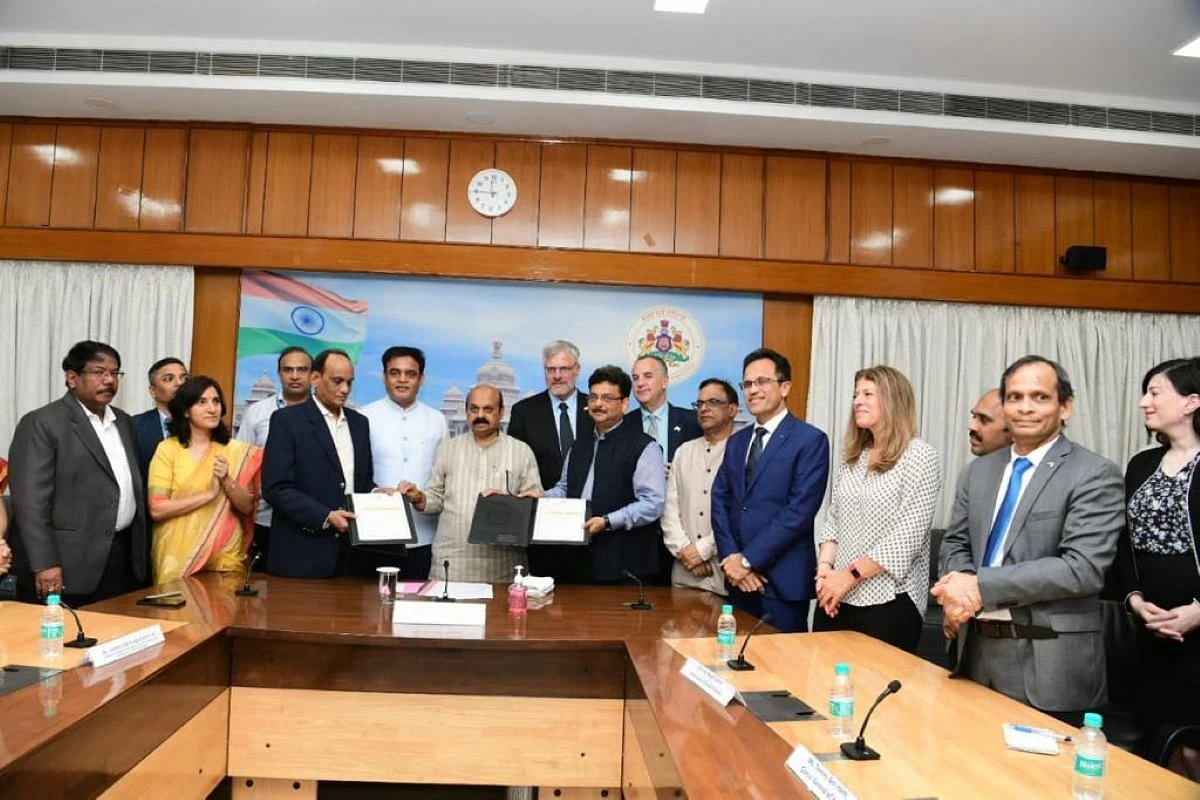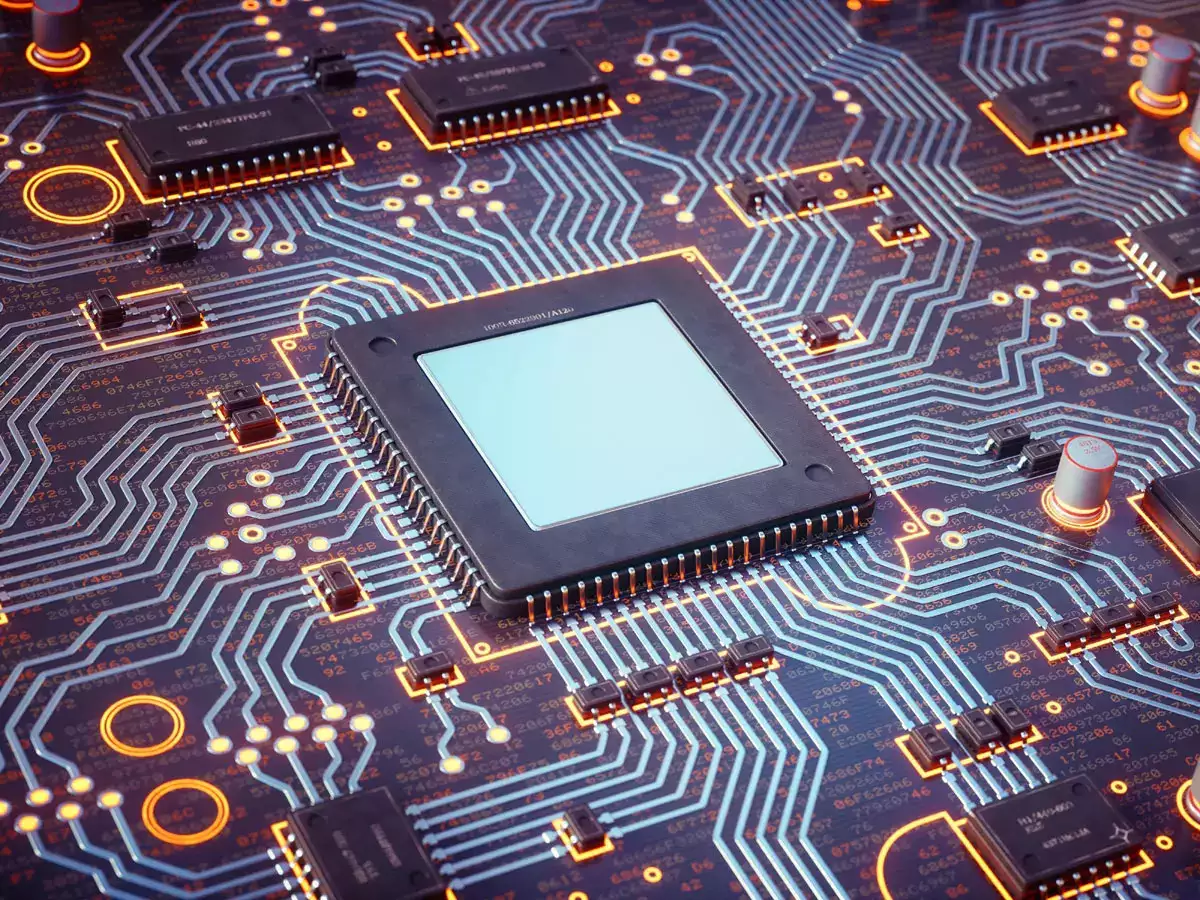The Karnataka state government said on Sunday that the international semiconductor consortium ISMC, a joint venture between Abu Dhabi-based Next Orbit Ventures and Israel’s Tower Semiconductor, will spend $3 billion in Karnataka to build India’s first chip-making factory.

The declaration implies that the government’s incentive system to turn India into a semiconductor hub is starting to bear fruit.
Intel recently revealed its intention to buy Tower Semiconductor.
Karnataka government estimates that ISMC’s proposed 65-nanometer analogue semiconductor production facility will employ 1,500 people directly over the next seven years, with another 10,000 employment produced in the ancillary ecosystem.
For the plant, the chip manufacturers’ consortium has asked 150 acres of land in Mysuru’s Kochanahalli Industrial area.
In the presence of chief minister Basavaraj Bommai, additional chief secretary for IT and biotechnology EV Ramana Reddy and ISMC director Ajay Jalan signed a memorandum of agreement.
“This MoU is crucial in the context of the battle among several states to recruit semiconductor production facilities,” Bommai added. Karnataka recognises that it’s not only about the financial incentives; it’s also about the availability of a favourable ecosystem and general ease of doing business.”
During her recent visit to the United States, Union Finance Minister Nirmala Sitharaman urged American semiconductor companies AMD, Western Digital, and Micron Tech to increase their investments in India, taking advantage of a Rs 76,000-crore production-linked incentive plan for multinational chip makers. In addition to these companies and Intel, New Delhi has asked GlobalFoundries and Taiwan Semiconductor Manufacturing Co to expand their operations in India.
ISMC and Vedanta, a domestic metals-to-energy conglomerate, have filed for India’s incentives for semiconductor and display businesses setting up facilities in the country.
On Saturday, Vedanta informed Reuters that it was in “advanced negotiations” with Gujarat, Maharashtra, and Telangana to select a location by mid-May. It intends to invest $20 billion in its semiconductor and display initiatives.
Prime Minister Narendra Modi, addressing at the Semicon India-2022 conference in Bengaluru, urged the sector to make India a “global centre for semiconductors.” Modi said the government had “placed the odds in our favour as much as feasible through a favourable policy environment,” and that efforts were being made to make India a vital component in global semiconductor supply chains. Modi also hard-sold India to international investors, emphasising the country’s “amazing semiconductor design skill” and the fact that India was home to one-fifth of the world’s engineers.
From $15 billion in 2020, India’s semiconductor market is expected to expand to $63 billion by 2026.
Despite the fact that the government has yet to finalise the PLI scheme’s beneficiaries, sources from the ministry of electronics and IT (Meity) say the final selection of companies will be made after a thorough examination of all factors, including investments, technology partners, and manufacturing roadmaps.
Five firms made plans in February to build up manufacturing operations with a total investment of Rs 1.53 trillion.
The government will provide financial support of up to 50% of project cost for at least two semiconductor and two display fabs for a minimum of six years under the production-linked incentive plan. Others, such as compound semiconductors and sensor fabs, will receive a 30 percent tax break.











